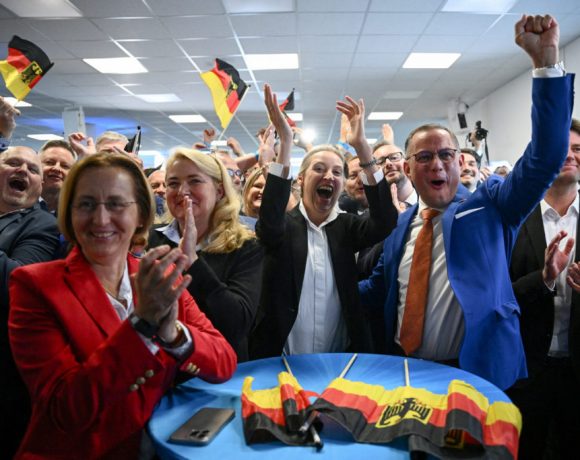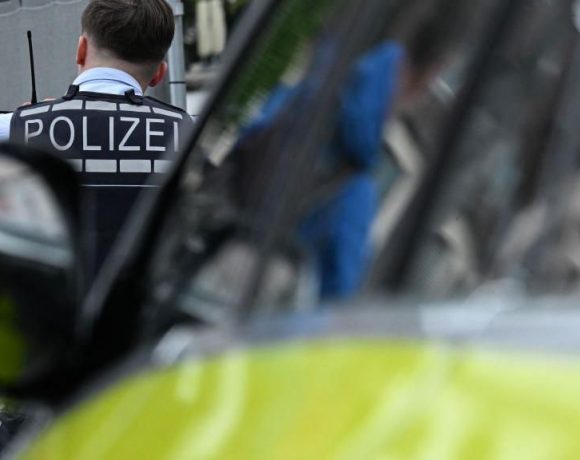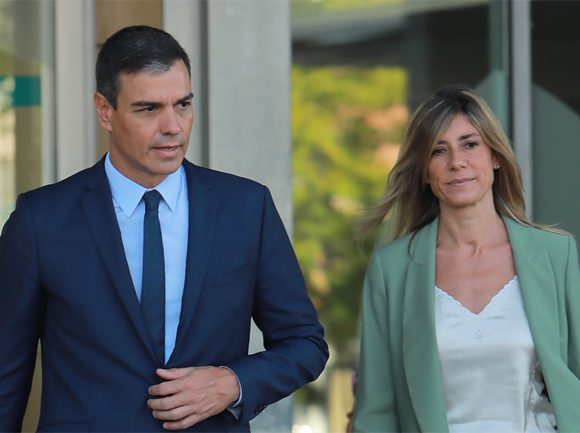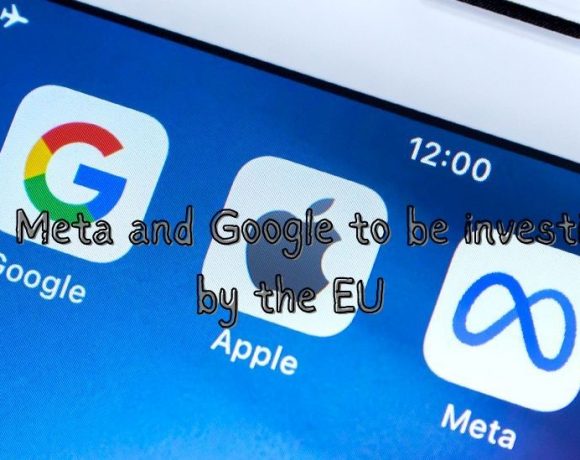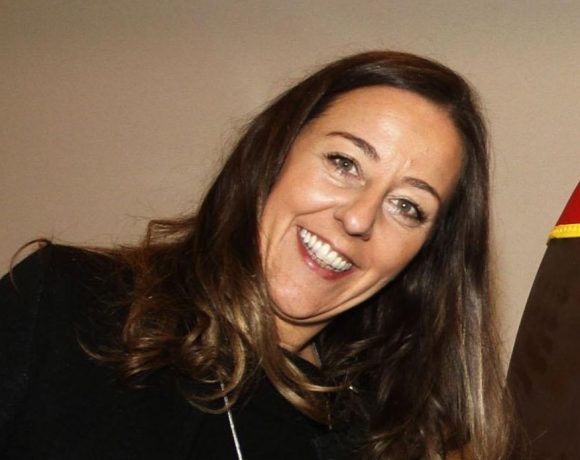
Florence has elected its first female mayor, Sara Funaro, who decisively defeated her right-wing opponent. A local councillor from the centre-left Democratic Party (PD), Funaro secured governance of the Italian city with over 60% of the vote. Her opponent, Eike Schmidt, a former director of Florence’s Uffizi Gallery and a candidate backed by Italy’s far-right coalition government, garnered 39%.
This election concluded a series of votes in which centre-left parties claimed victories in five regional capitals. As the vote count progressed, Funaro expressed her excitement and dedicated her victory to her grandfather, Piero Bargellini, known for his leadership during the 1966 Florence flood. Despite his loss, Schmidt, a political newcomer born in Germany, stated that his campaign performed well and remained optimistic.
Funaro’s win is part of a broader success for Italy’s centre-left alliance, led by the PD. In recent votes, the alliance maintained control of Bergamo in Lombardy and Bari in Puglia, and captured Cagliari, Sardinia’s capital, and Perugia in Umbria from Prime Minister Giorgia Meloni’s far-right ruling coalition. This follows significant gains by the right in the recent European Parliament elections.
Picture Courtesy: Google/images are subject to copyright

